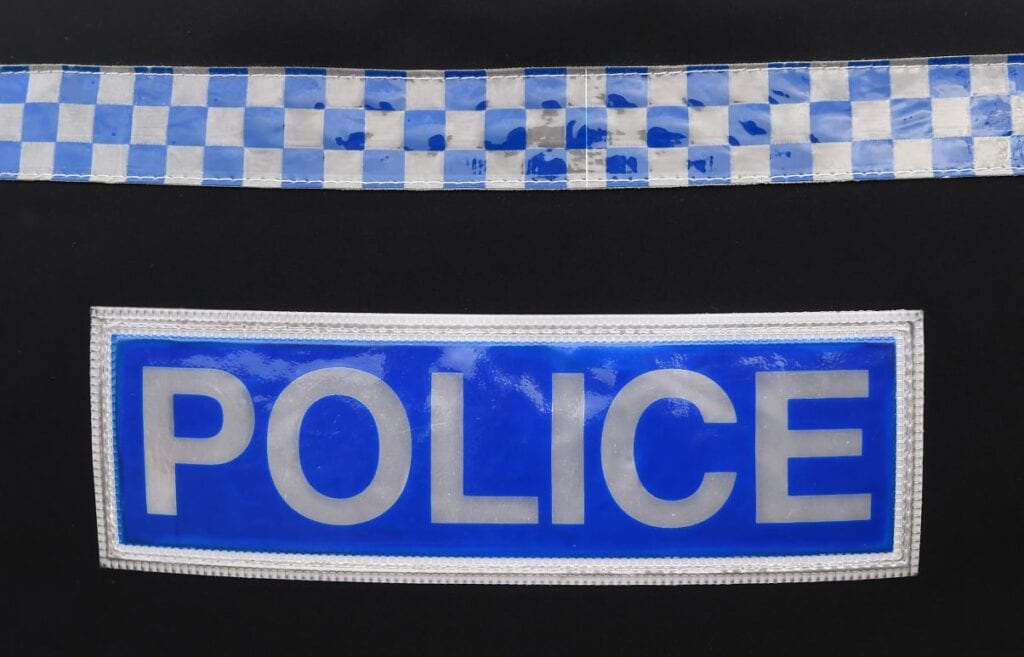
There were 125 complaints about police misconduct in Cumbria in the year to April, new figures show.
The Home Office data says that of these, one was referred to the official disciplinary process – launched when an officer is deemed to have a case to answer for misconduct or gross misconduct.
The complaints involved 77 Cumbria police officers – an officer can be subject to more than one allegation and an allegation can involve multiple officers.
It meant 0.9 per cent of all complaints led to misconduct proceedings, while no action was taken in 88 per cent of complaints.
A small number of allegations involving actions that do not amount to misconduct but fall short of expectations of police behaviour led to reflective review proceedings or performance reviews.
No police officers resigned or retired following the allegation made against them.
Cumbria figures also show there were 32 allegations of “conduct matter” offences, where there is an indication a crime has been committed – involving 21 police officers.
There were also 13 allegations against six officers for “recordable conduct” matters, including those that caused serious harm or death, and allegations of sexual offences and corruption.
A Cumbria police spokesman said: “The constabulary takes all complaints it receives extremely seriously.
“While the figures show the constabulary receives fewer complaints per head of the population than most other forces, each complaint received goes through a rigorous process which involves examining, investigating and resolving complaints in a manner that is satisfactory for the complainant.
“Often this can include an early intervention with the complaint to understand more fully their complaint and how they would like to see it resolved – for instance, through words of advice with the officer to ensure learning.
“The constabulary works hard to ensure the standards of officers are maintained to an extremely high level of professionalism and integrity.
“Where officers are found to have made a mistake, the constabulary ensures that not only does that single officer learn from that mistake but that all officers are made aware of the issue that arose and how it should have been handled, in order to minimise the possibility of other officers making a similar misjudgement in future.
“We actively promote a culture of reflection, learning and improvement which is conducive with national practice and guidance.
“The constabulary has also benefited from its adoption of body-worn video. The constabulary encourages the use of body-worn video as much as possible in any engagement with members of the public.
“This means that, when complaints are submitted, they can often be swiftly proven or disproven due to the digital recordings available.”
Across England and Wales, 14,393 official complaints were made against police officers.
One per cent of these led to an official process to hear the case, while no action was taken in 92 per cent of grievances raised.
The figures come in the wake of a number of high profile cases of police misconduct and criminal behaviour nationally.
These include former West Midlands detective Nicholas Taylor, who was found guilty of gross misconduct for selling sexual services to strangers, and Met officer Wayne Couzens, who was sentenced to life in prison for the kidnap, rape and murder of Sarah Everard last year.
The Police Federation of England and Wales said most officers “come into the police service to protect the public and act with integrity and respect”.
Phill Matthews, conduct and performance lead at the Police Federation, condemned the behaviour of a small minority, which he said should not taint the police’s reputation.
Mr Matthews said: “The police service is very good at uncovering those that don’t deserve to be in the job.”
The Independent Office for Police Conduct, which investigates the most serious police misconduct allegations, said an investigated case may not always lead to a finding of misconduct.
“There are a range of options including organisational or individual learning, providing an explanation, or providing an apology,” a spokesman added.
“These are all designed to have a range of options to resolve the complaint.
“Therefore, only the most serious cases will result in proceedings.”








